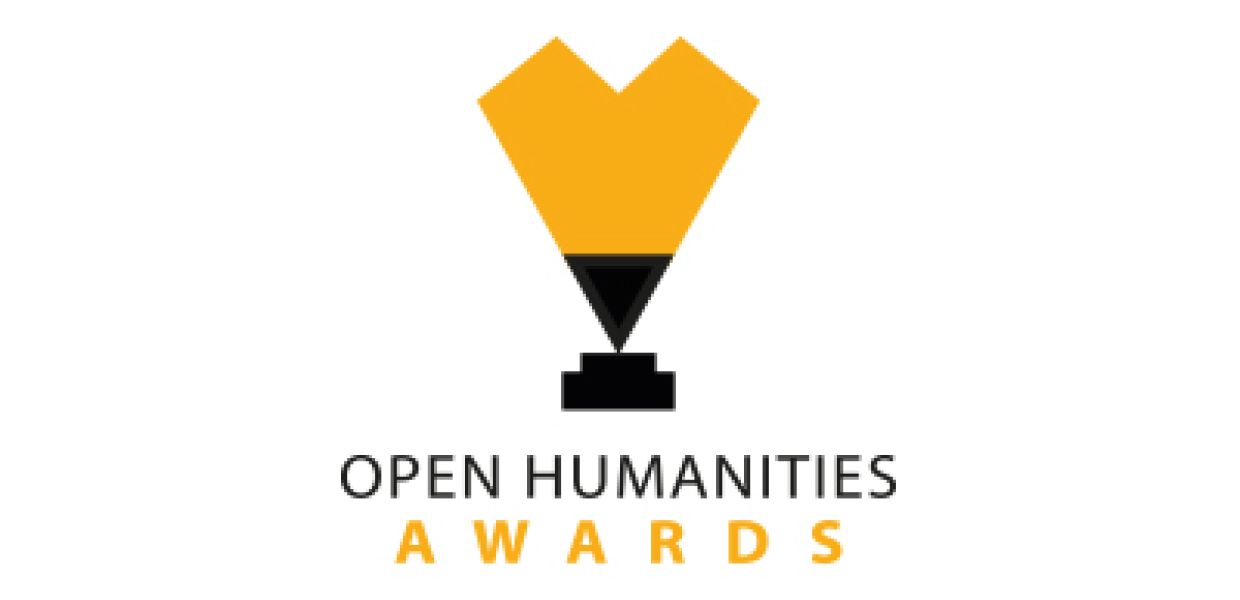DM2E launches the second round of the Open Humanities Awards

This week the Digitised Manuscripts to Europeana project announced the second round of the Open Humanities Awards. In this blogpost, community coordinator Lieke Ploeger from the Open Knowledge Foundation explains more about the awards. People can apply from 30 April until 30 May 2014 and there are €20,000 worth of prizes on offer in two dedicated tracks:
-
Open track: for projects that either use open content, open data or open source tools to further humanities teaching and research
-
DM2E track: for projects that build upon the research, tools and data of the DM2E project
Whether you’re interested in patterns of allusion in Aristotle, networks of correspondence in the Jewish Enlightenment or digitising public domain editions of Dante, we’d love to hear about the kinds of open projects that could support your interest!
Why are we running these Awards?
Humanities research is based on the interpretation and analysis of a wide variety of cultural artefacts including texts, images and audiovisual material. Much of this material is now freely and openly available on the internet, enabling people to discover, connect and contextualise cultural artefacts in ways previously very difficult.
We want to make the most of this new opportunity by encouraging budding developers and humanities researchers to collaborate and start new projects that use this open content and data, paving the way for a vibrant cultural and research commons to emerge.
In addition, the DM2E project has developed tools to support Digital Humanities research, such as Pundit (a semantic web annotation tool), and delivered several interesting datasets from various content providers around Europe. The project is now inviting all researchers to submit a project building on this DM2E research in a special DM2E track.
Who can apply?
The awards are open to any citizen of the EU.
What do we want to see?
Maphub, an open source Web application for annotating digitised historical maps, was one of the winners of the first round of the Open Humanities awards
For the Open track, we are challenging humanities researchers, designers and developers to create innovative projects open content, open data or open source to further teaching or research in the humanities. For example you might want to:
-
Start a project to collaboratively transcribe, annotate, or translate public domain texts
-
Explore patterns of citation, allusion and influence using bibliographic metadata or textmining
-
Analyse and/or visually represent complex networks or hidden patterns in collections of texts
-
Use computational tools to generate new insights into collections of public domain images, audio or texts
You could start a project from scratch or build on an existing project. For inspiration you can have a look at the final results of our first round winners: Joined Up Early Modern Democracy and Maphub, or check out the open-source tools the Open Knowledge Foundation has developed for use with cultural resources.
As long as your project involves open content, open data or open source tools and makes a contribution to humanities research, the choice is yours!
For the DM2E track, we invite you to submit a project building on the DM2E research: information, code and documentation on the DM2E tools is available through our DM2E wiki, the data is at http://data.dm2e.eu. Examples include:
-
Building open source tools or applications based on the APIs developed
-
A project focused on the visualisation of data coming from Pundit
-
A deployment of the tools for specific communities
-
A project using data aggregated by DM2E in an innovative way
-
An extension of the platform by means of a practical demonstrative application
Who is behind the awards?
The awards are coordinated by the Open Knowledge Foundation and are part of the DM2E project. They are also supported by the Digital Humanities Quarterly.
How to apply
Go to openhumanitiesawards.org to apply. The application deadline is 30 May 2014, so get going and good luck!
More information
For more information on the awards including the rules and ideas for open datasets and tools to use visit openhumanitiesawards.org.
